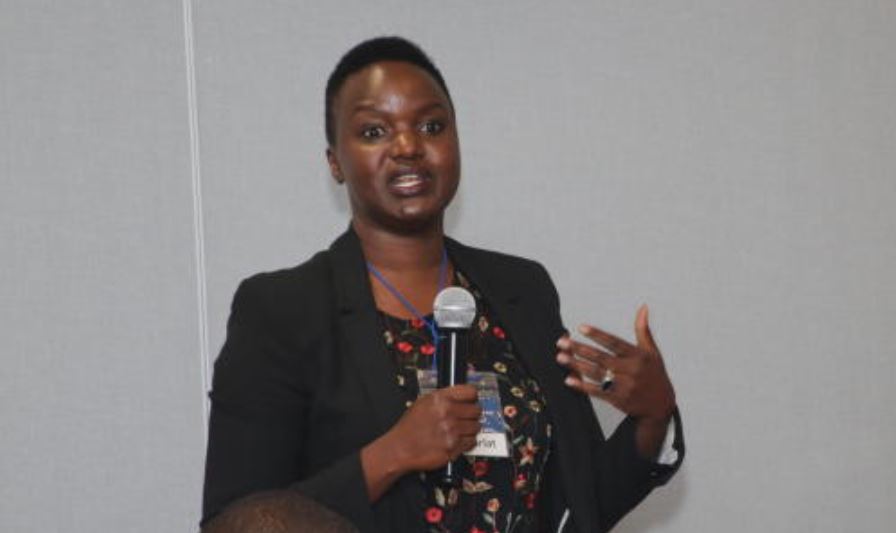×
The Standard e-Paper
Kenya’s Boldest Voice

June Arunga, CEO of Usafi Comfort Wastewater Treatment Solutions has brought Japanese technology to deal with ever growing problem of raw sewage in Kenya’s urban centres.
What inspired you to pursue this business?